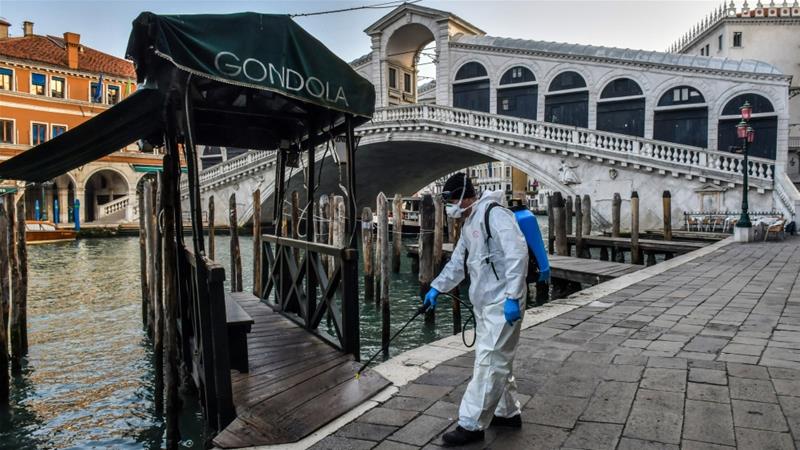Picture a street handcraft market in a touristic village called Porto de Galinhas in Pernambuco, Northeast Region of Brazil. A few days before the second round of the 2018 presidential elections on 28 October, I observed the following conversation on the market.
“You can vote for him, don’t worry, he won’t kill gay people,” says a local 50-year-old addressing a couple of openly gay, young, black men wearing tight shorts and colorful shirts. They reply: “Yes, he will, Bolsonaro will kill gay people.” While the young men walk away, the Bolsonaro supporter keeps trying to convince them, half-laughing, half-serious, stating that his candidate is not as bad as some people have been arguing. “No, he won’t . . .” he says, “and don’t worry, because if he does kill gays, the environmental agency will come after him—after all, they are animals under risk of extinction!”
Continue reading →
